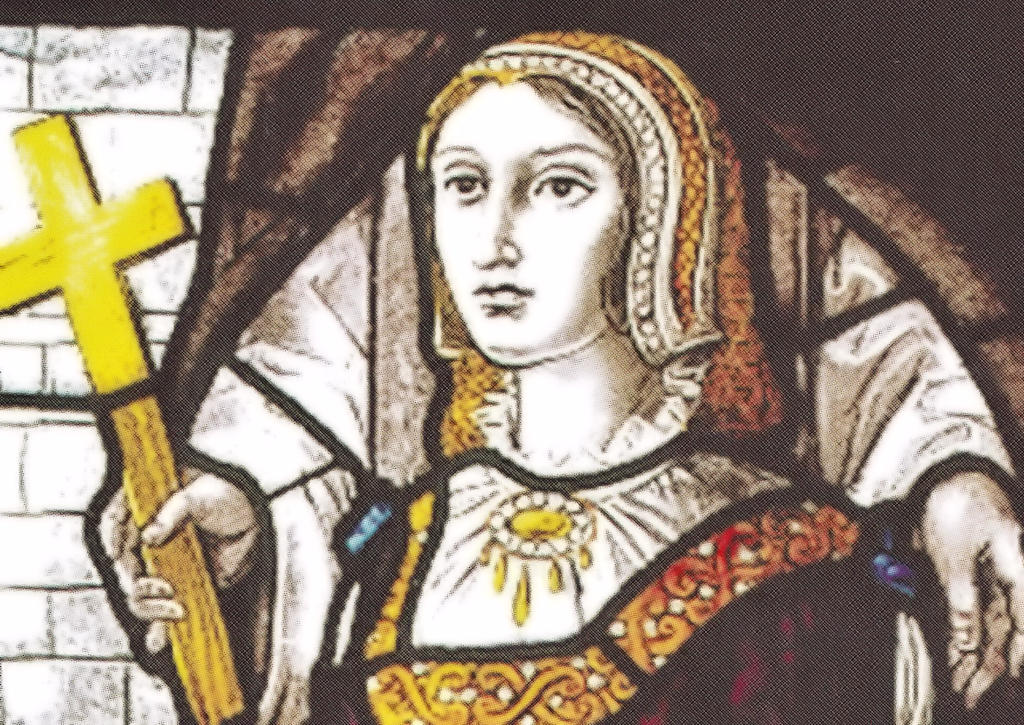Tragically, Maria's elder sister, Isabella, passed away in 1498, leaving Manuel I widowed. To maintain the dynastic connections between Spanish and Portuguese royal houses, Manuel I sought to marry Maria, making her his second wife. The couple exchanged vows on October 30, 1500, in Alcácer do Sal, with Maria being granted Viseu and Torres Vedras as her dower.
During her reign as queen, Maria was described as pale, thin, and possessing a serious demeanor. While she did not actively participate in political affairs, her devotion to religious practices, needlework, and the education of her children showcased her piety and commitment to her role as a queen. Maintaining a close relationship with her parents and harmonious connections with her sister-in-law Isabel and the queen dowager Beatrice, Maria created a vibrant court with Spanish and Portuguese ladies-in-waiting.
Lisbon.vip Recommends
Maria's life in Portugal ended on March 7, 1517, when she passed away in Lisbon. She was laid to rest at the Jerónimos Monastery of Belém, a testament to her contributions to religious foundations. Her enduring legacy extended beyond her lifetime, as the dynastic ties forged through her marriage would eventually lead to a succession crisis in Portugal, resulting in her grandson Philip II of Spain ascending the Portuguese throne as Philip I of Portugal in 1580.
Queen Maria of Portugal, with her pious nature, devotion to family, and support of religious causes, left an indelible mark on Portuguese history. Her role as a wife and mother, coupled with her dedication to the principles instilled by her parents, influenced the future of the Iberian Peninsula and continues to be remembered as an important chapter in the annals of Portuguese royalty.



